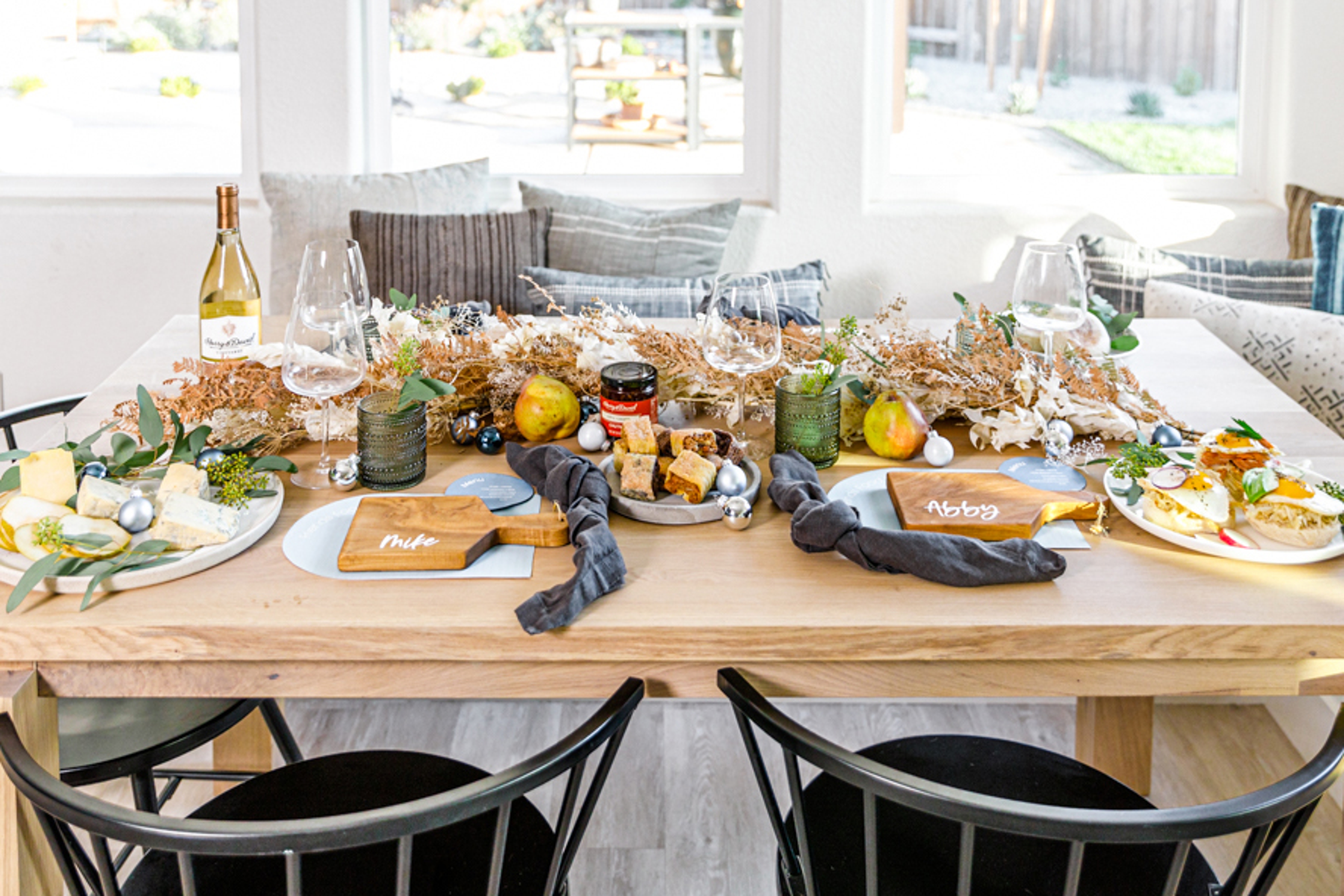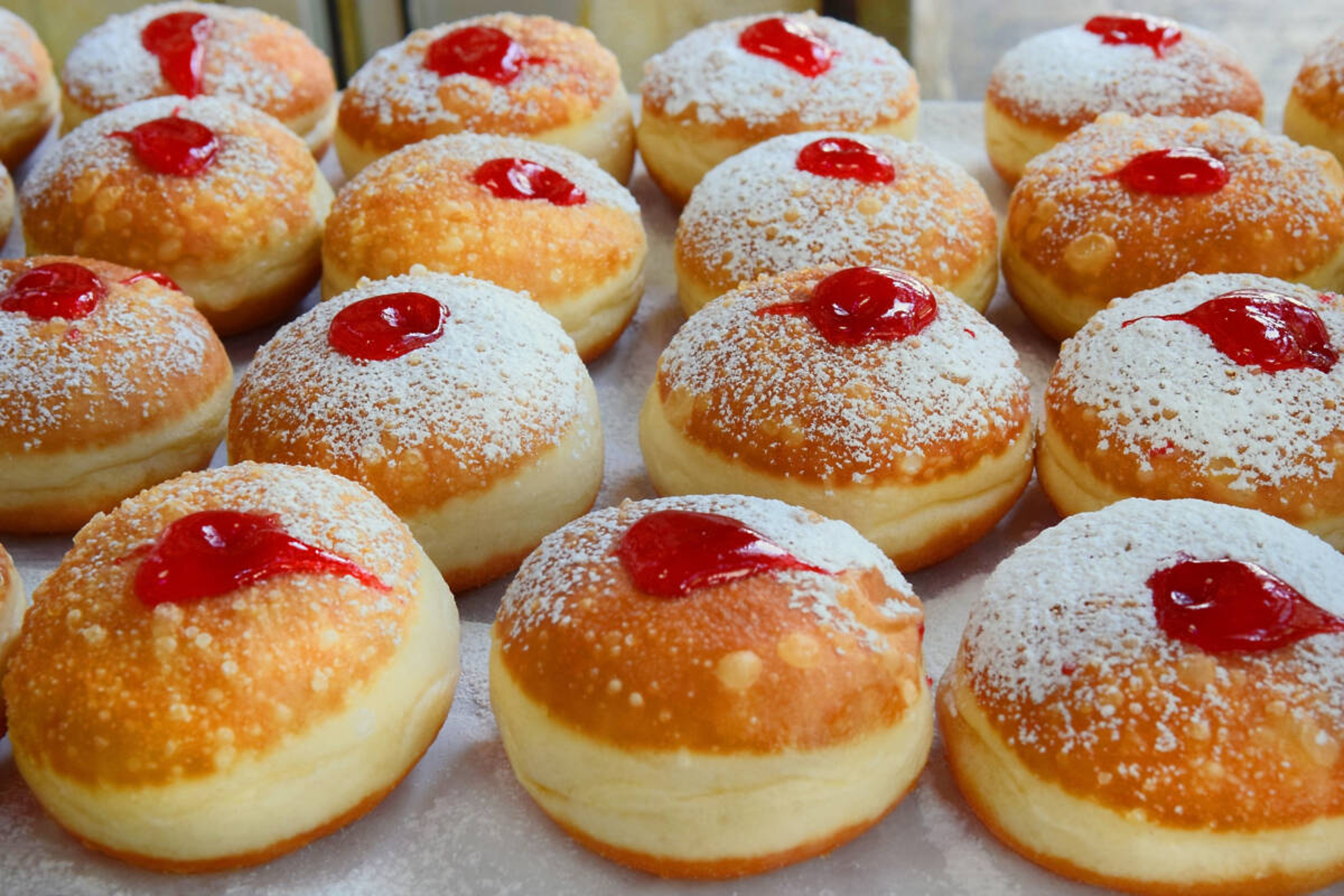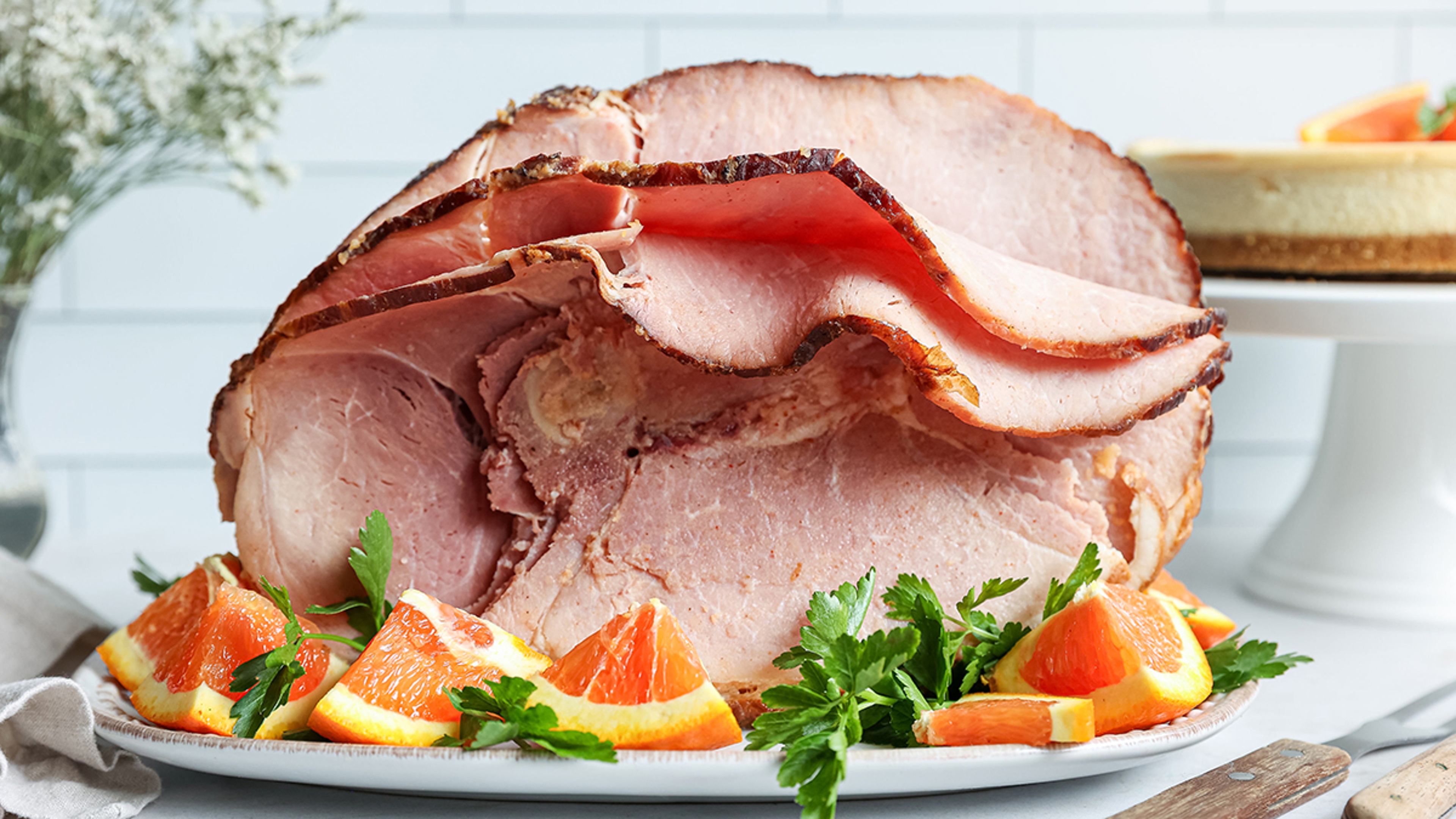6 Traditional Hanukkah Foods
When the key ingredient of a holiday dish is oil, pretty much anything fried will be the hit of the party.
Nov 10, 2021
Hanukkah commemorates a time during the 2nd century B.C. when the Jewish people rebelled against their Greek-Syrian oppressors. Often called the Festival of Lights, this beautiful holiday is celebrated with traditional foods, games, Hanukkah gifts, and, of course, the lighting of the menorah.
A little Hanukkah history
The events that inspired the holiday we know as Hanukkah occurred in the second century B.C., when the ruler of Judea (what's now known as Israel), Antiochus IV Epiphanes, outlawed Judaism and forced Jews to worship Greek gods. In 168 B.C, Antiochus and his army led a massacre on Jerusalem. Thousands of people died, and the city's holy Second Temple was desecrated with a statue of Zeus and the sacrificing of pigs within its sacred walls.
A large revolt led by a Jewish priest named Mattathias and his five sons helped the Jewish people reclaim their freedom. The insurrectionists cleansed the Second Temple and rebuilt the altar. They placed a menorah on the altar, and even though they had enough oil to last only one night, the candles stayed lit for eight. This miracle inspired the tradition of Hanukkah and the lighting of the menorah during the eight-day celebration.
Today, the Jewish people are scattered across the globe, and diverse cultures and countries have shaped the traditional foods, making them even more delicious. There's something for everyone at the table when celebrating Hanukkah!

6 traditional Hanukkah foods
Latkes
You can't go wrong with fried potatoes. This traditional food stems from the abundance of potatoes in Eastern Europe. Cheap and plentiful, potatoes became a staple food for Jews in this part of the world. You can keep your latkes simple by using just grated potatoes, or, for an extra treat, add grated carrots or apples, onions, spices, and maybe even dry raisins or cranberries before frying them.
Sufganiyot
If there was ever a way to get Homer Simpson to convert to Judaism, it would be with a box of a dozen sufganiyot. These jelly-filled donuts come from the Greek word sufan, which means "fried" or "spongey," similar to the Arabic word for a tinier deep-fried doughnut called sfenj. These doughnuts probably weren't jelly filled, like the sufganiyot of today, but thanks to Central Europeans who immigrated to the United States, we now have delicious fried dough that oozes jelly.

Bumuelos
Spanish and North African Jews also celebrate with fried doughnuts called bumuelos that are traditionally eaten with honey. Similar to Indian fry bread and sopapillas, bumuelos are a delicious fried doughnut sprinkled with powdered sugar. Spanish-speaking countries may know these as buñuelos, which are traditionally eaten around Christmastime.
Spanish Jews also have their version of a latke: berenjenas, which is fried eggplant with honey.
Sambousak b'tawa
It's strange to talk about Middle Eastern food without mentioning hummus, or at least the chickpeas from which it's made. The diaspora of Iraqi Jews is to thank for the Hanukkah classic sambousak b'tawa, a turnover filled with spiced chickpeas, salty cheese or sugar, and ground nuts. Similar to the Indian samosa, these tasty pastries are a must-have during Hanukkah.
Neyyappam
The Cochin Jews of Kerala, a very small Jewish community in the southern Indian city of Cochi, have merged local food traditions with Jewish cuisine in interesting ways. These fried pancake fritters are made with coconut, dried fruit, nuts, and spices, and are typically cooked in ghee, a clarified butter used throughout India. (Who doesn't want dried fruit and nut gifts during the holidays?)
Pollo fritto di Hanucca
Want fried chicken for Hanukkah? Forget Kentucky and head over to Italy instead! Pollo fritto di Hanucca is chicken that is marinated in lemon, garlic, and spices before taking a dip in batter and getting crisped in oil.
With eight days to eat through, you have the perfect opportunity to take a world tour of Jewish Hanukkah cuisine and learn about the holiday's traditions. And don't forget to send a Hanukkah card to your favorite bubeleh. Hanukkah Sameach!
.svg?q=70&width=384&auto=webp)







